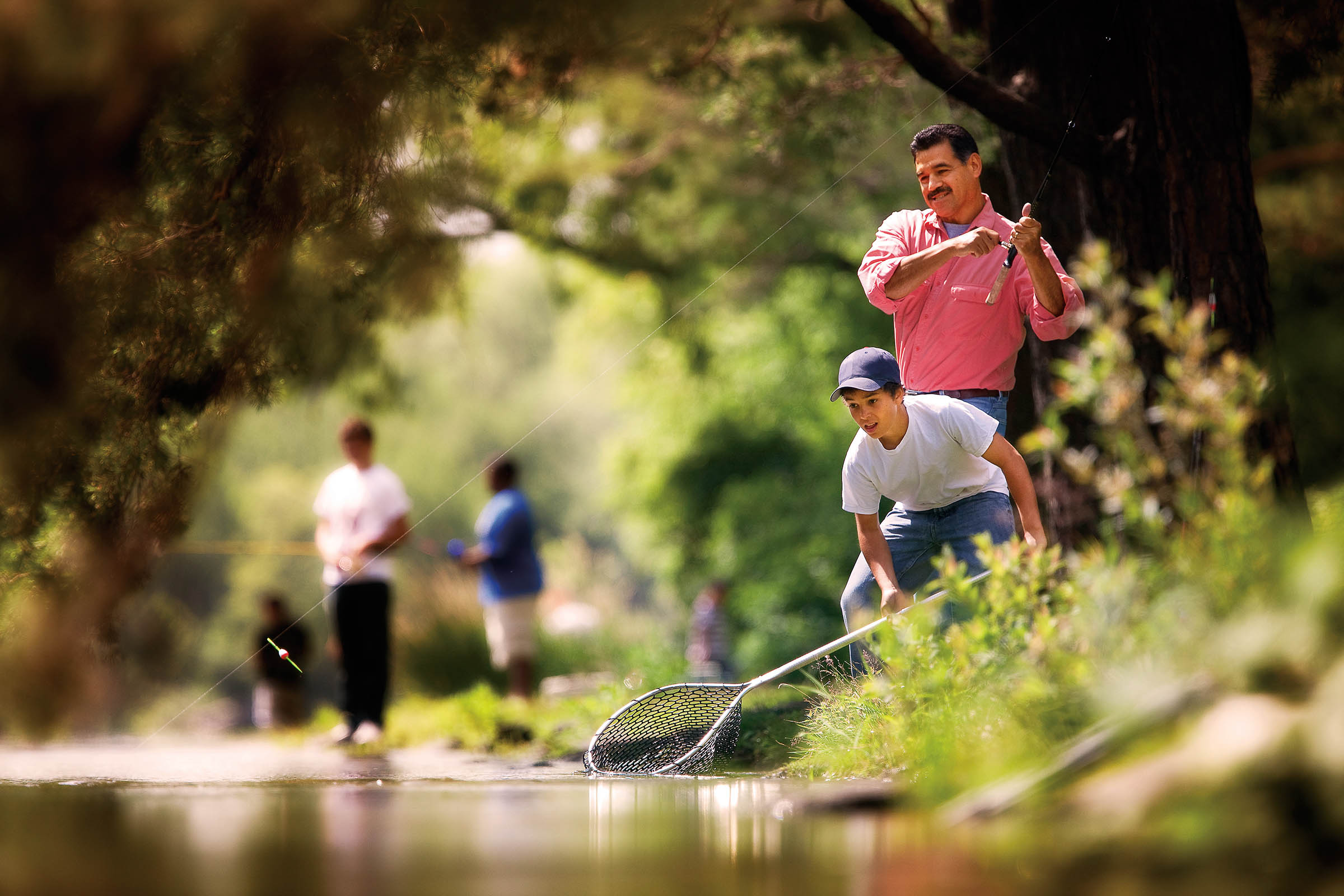About Opening the Great Outdoors to People of Color

Traditionally, People of Color, particularly African-Americans,
have avoided many of the pleasures of “The Great American Outdoors.” Evidence
shows that white populations disproportionately access public lands for outdoor
recreation. According to the most recent National Park Service Comprehensive Survey of the American
Public, published in 2011, only about one in five visitors to a national
park site is nonwhite, and only about one in 10 is Hispanic.
Some of the many reasons for this include: the legacy of slavery
fueling a negative association with rural or wooded areas, the remnants of Jim
Crow era restrictions making some park lands inaccessible by law to
African-Americans and other People of Color, and the perception of some
immigrants that, “you are considered poor if you live or stay somewhere without
brick walls.”
Join us as we explore opportunities for families to learn about
fishing, camping, backpacking, climbing, and skiing from organizations
specifically formed to introduce People of Color to the outdoors, in addition
to learning about career paths in “The Great American Outdoors.”
